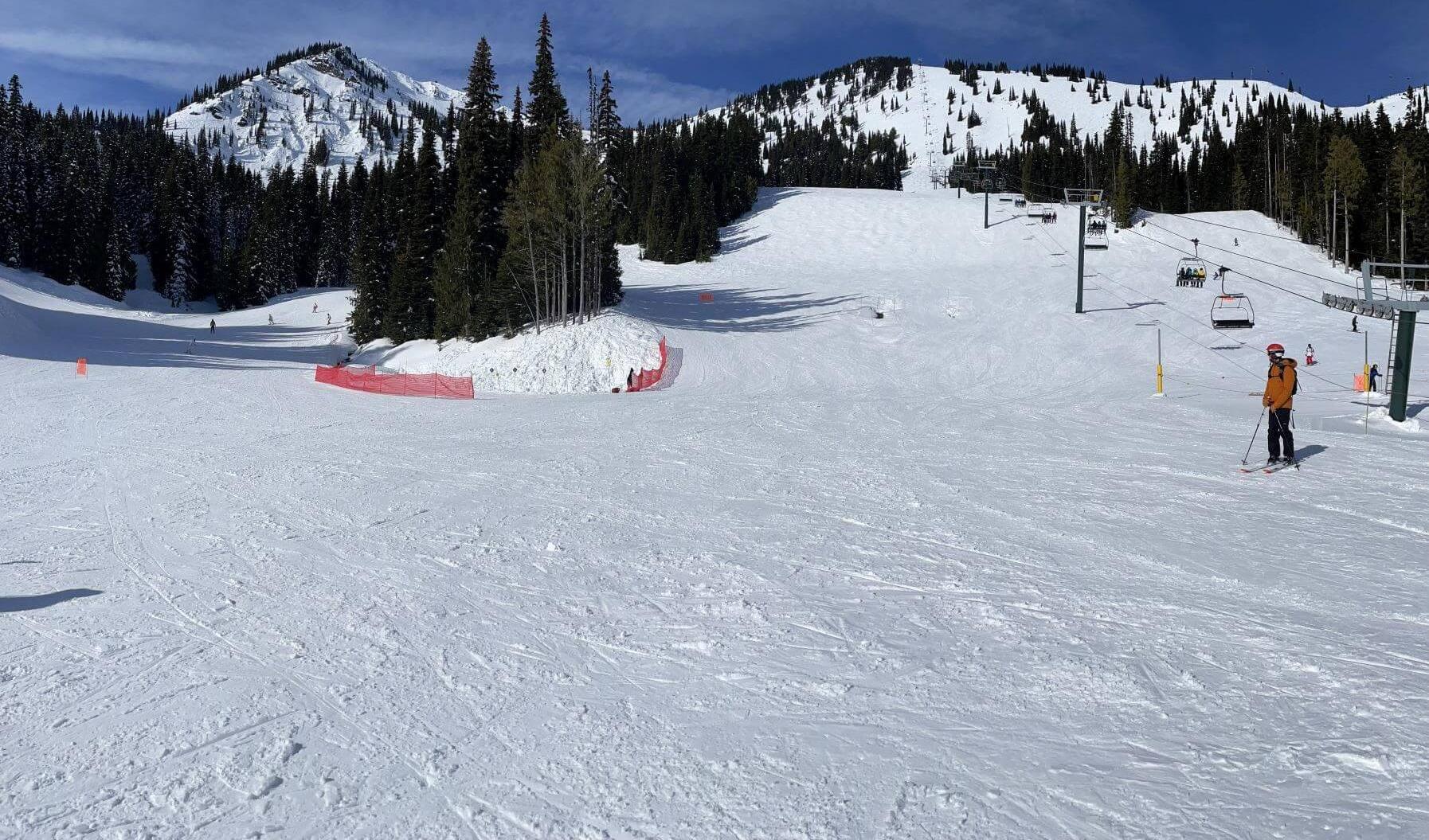Summary
Shaun Greer of vacation rental management company Vacasa shared his best advice for buying a vacation home.
Fact checked by
Jillian Dara
Purchasing a vacation home represents one of the most thrilling long-term investments a traveler can make; however, it can be overwhelming for first-time buyers. It’s crucial to consider several vital factors when planning to acquire a second home. To assist in navigating this process, GoTravelDaily consulted Shaun Greer, the vice president of sales and marketing at Vacasa, who imparted expert insight on common pitfalls. Here are five significant mistakes to avoid when purchasing a vacation home.
1. Making an Emotional Investment
Many investors feel compelled to acquire a second property after returning from an unforgettable holiday experience. Nonetheless, it is essential for buyers to conduct due diligence to fully comprehend the complexities before undertaking such an immense investment.
“The most common mistake we see with second home buyers is not considering how often they’ll be using the home themselves,” Greer explains. “Specifically, for buyers planning to utilize the property as a short-term or vacation rental, establishing clear financial goals is critical.” Thus, it is advisable to take the time necessary to evaluate the decision thoroughly.
2. Not Thoroughly Researching the Neighborhood
There are numerous factors to consider beyond a personal affinity for a vacation home area. Besides fundamental elements like location and pricing, Greer emphasizes that it is “critically important” to ensure the neighborhood meets essential needs, such as robust cell phone and Wi-Fi connectivity, along with proximity to shops for food and supplies.
Importantly, prospective buyers must be cognizant of local regulations regarding renting out properties if this is part of the plan. “Being aware of local regulations or HOA restrictions is vital should your situation change, necessitating the need to rent or sell the property,” he notes.
3. Buying Sight Unseen
In the current competitive real estate landscape, prospective buyers may feel pressured to secure a vacation property without visiting in person. However, such a choice can lead to regrettable outcomes over time. “While more buyers may opt for sight unseen transactions, we find that homeowners are generally more satisfied with their real estate investments after visiting the area during both peak and shoulder seasons,” Greer observes.
4. Not Sticking to Your Budget
Establishing a comprehensive budget and adhering to it is critical when investing in a vacation home. Beyond the purchase price of the property itself, additional costs such as furniture and HOA fees can accumulate surprisingly if not properly planned. Furthermore, owners should consider maintenance and upkeep expenses, as well as the financial implications of self-managing versus hiring a rental management firm. “All these are fundamental questions to address from the outset,” Greer advises.
5. Thinking It’s Easy to Manage a Vacation Home From Afar
Regardless of the frequency of visits to your vacation home, it is essential to plan how you will manage the property while it remains unoccupied, especially if you reside at a distance. Greer mentions that collaborating with full-service management companies like Vacasa can significantly alleviate the challenge of maintaining a vacation home from afar, particularly for remote properties that may require special attention during winter months. “Having a maintenance strategy in place is vital to prevent potential damage or theft; therefore, we urge buyers to plan ahead if their primary residence is not nearby,” he explains.
Considering a purchase? There are numerous beautiful destinations for buying a vacation home, from Hawaii and Mexico to Florida and South Carolina.





